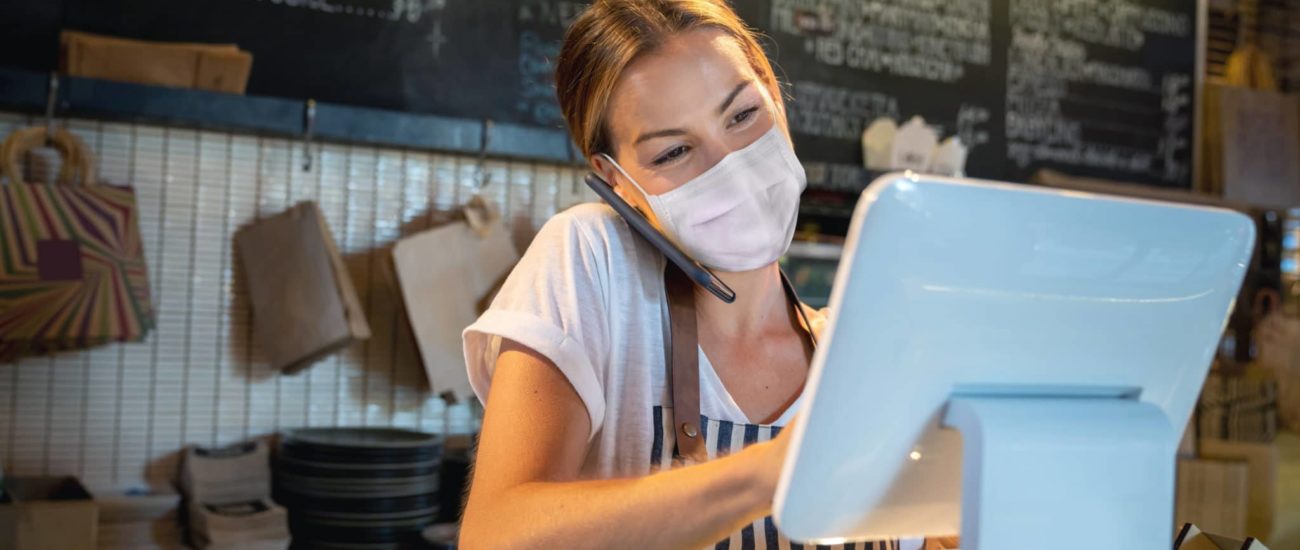
What are the five changes to the Paycheck Protection Program?
- A 14-day application period exclusive to those with fewer than 20 employees opens on Feb. 24, 2021.
- Self-employed individuals can use gross income to calculate their PPP loan.
- Owners with felony convictions can apply.
- Business owners delinquent or in default of student loans can apply.
- Lawful residents are eligible.
An overview of the new rules
1. President Biden announced a 14-day PPP application period that’s exclusive to businesses and nonprofits with fewer than 20 employees. The SBA confirmed this application period begins on Feb. 24, 2021, at 9 a.m. EST and ends on March 9, 2021. Larger businesses will have to wait until after this 14-day application period to submit their loan applications.
The current PPP application period closes for all applicants on May 31, 2021.
2. Sole proprietors, independent contractors, and self-employed individuals can calculate their PPP loan amount based on gross income. Previously, they had to use the profit reported on their annual tax returns. This meant unprofitable businesses were disqualified from applying for a loan.
When using gross income, expenses are excluded. This will help unprofitable businesses qualify and allow other applicants to request larger loan amounts. However, the SBA hasn’t released additional information on this change for lenders or borrowers.
According to the New York Times, “The S.B.A. will not retroactively change loans that have been disbursed, and it will not let those who already got loans return them and reapply, according to an agency official familiar with the plan, who was not authorized to speak publicly.” If this statement remains true, you won’t be able to change your loan amount if it’s been disbursed. However, if your application is pending, you may be able to pause it and recalculate your loan amount based on gross income.
3. Small business owners with recent felony convictions – not related to fraud – can apply for a PPP loan.
4. Small business owners who are delinquent or in default of federal student loan debt can apply for a PPP loan.
5. Business owners who aren’t U.S. citizens, but are lawful residents, can use their Individual Taxpayer Identification Number (ITIN) are eligible for a PPP loan.
Why are these PPP changes happening for small businesses now?
In this round of PPP funding, Congress set aside $15 billion for small and low- and moderate-income (LMI) businesses who haven’t received the PPP relief they need. Currently, just $2.4 billion has been distributed to this group. The Biden administration and SBA are implementing these rules to meet the $15 billion goal.
The adjustments are meant to ensure equitable access to PPP aid by expanding eligibility and allowing applicants to increase their loan requests. And, this gives lenders more time to help small businesses with their applications.
We expect the SBA to release more information about these changes and how it impacts the application process. We’ll continue to update this post as we learn more. If you have questions about an existing or new application, we recommend speaking with an SBA lender.
